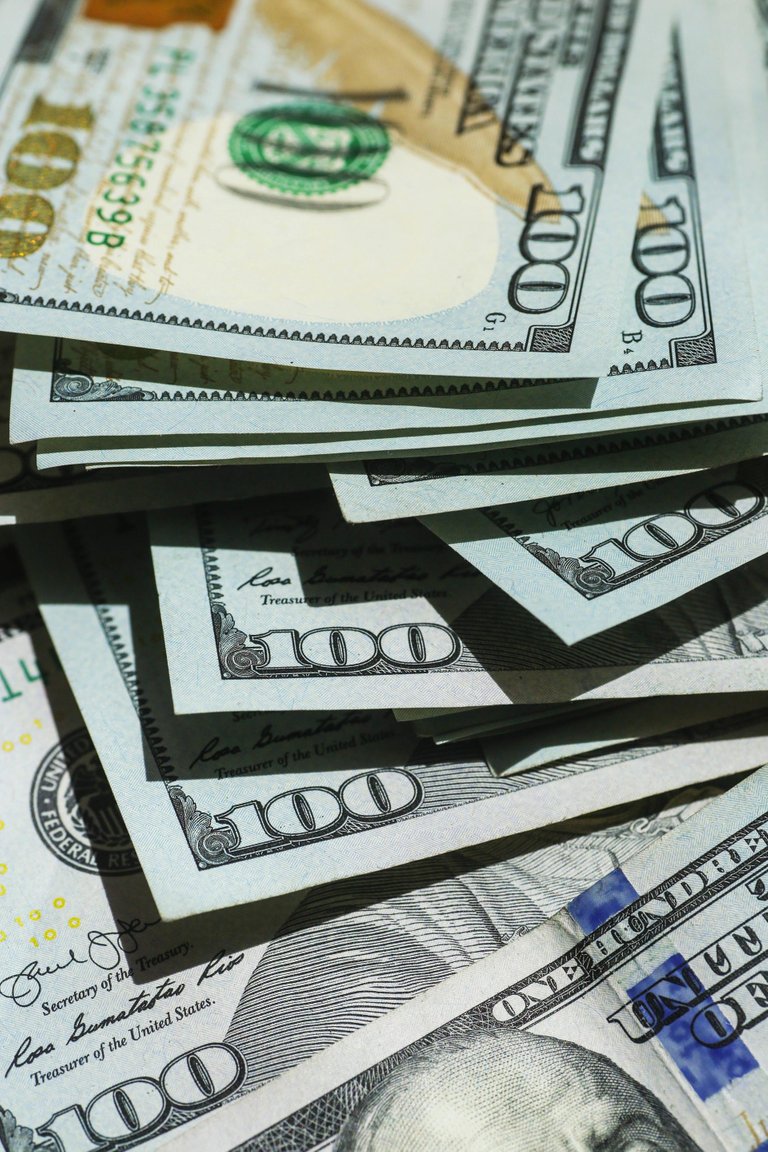
Unsplash
There are many misconceptions about money and how it works. A few days on the internet made me realise how much people misunderstand how money works, I’ve come across posts and comments that claim is quite easy to end poverty and world hunger, they believe the best solution is to pump/print large amount of cash that could be enough for the whole world, this is one among many misconceptions about money I’ve come across on the internet.
To understand how money works, you need to understand the origin of money, you need to understand the essence of value and finally you need to understand why there must be the poor and rich for a society to thrive.
Money is a product of trade. Before mankind discovered the essence valuing minerals, we mainly lived off a trade-by-bater system. We basically traded something that had less of a value to us for something that had more value; like we did back in middle school, trading a lollipop for a biscuit. As civilizations grew bigger and the population increased, we came to realise this system is vague and cannot sustain us in the long run, so we created the “money system” a system still used till date.
We didn’t exactly start off with paper as our money considering it would be of no value at that time. Many nations began to discover the usefulness of minerals like iron, silver, gold, copper, Bronze which ultimately became the new mode of trade. Since these metals are not easily accessible and are needed for war, decoration, and infrastructural designs, it was in high demand. This gave birth to bronze, gold, and silver coins as a mode of trade which generally became acceptable everywhere in the world (although many other nations put value in other materials they considered rare such as the cowries).
Bank notes first appeared in the Chinese Tang dynasty (7th century) and was finally generally accepted during the Chinese Song dynasty (11th century). In the early stages bank notes were invented to prevent merchants from getting robbed of their gold as they went on about their business, and to ease the stress of moving large amount of earth minerals. The banks issued stamped unforgeable notes that represented a certain amount of coin (usually gold and silver) which was being kept in the bank reserves.
The world evolved to using fiat money, which means government issued bank notes not backed up by a commodity. This makes the value of your bank note dependent on the economy of the country. The fiat system does not of course devalue the earth minerals, it merely replaced them in the bank reserves.
The concept of the rich and poor gives value to commodities and of course makes certain services available to everyone meaning, the economy strength of a nation depends on the balance between the rich and poor. The poor are just as important as the rich.
Posted Using LeoFinance Beta